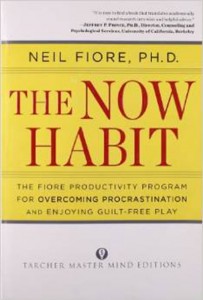By Jonathan Wahl/reporter
Procrastination affects nearly everyone, a counselor told a group of NW students March 24.
Brentom Jackson spoke from personal experience on procrastination, its effects and ways to beat it.
“Statistically, 25 percent of people are chronic procrastinators, but over 95 percent of people procrastinate in some form,” he said.

Chronic procrastination becomes evident when it begins to affect work life, relationships or legal maters.
“When I moved back to Fort Worth, I got a call from the Fort Worth Police Department,” he said.
Jackson explained that because of procrastination, he had failed to pay off library fines, and a warrant was out for his arrest.
“I didn’t even know that was possible, and now I knew I had a problem,” he said.
Some of the effects of procrastination include increased anxiety, disorganization, unpreparedness and deterioration in physical and emotional health as well as financial and professional decline in performance, Jackson said.
“Procrastination involves a voluntary, irrational delay despite the expectation of a potential negative outcome,” he said.
To beat procrastination, Jackson said people must “use metacognition to think about how we think.” This leads to the recognition of the problem.
To fix the problem, Jackson touched on three key steps. First is to plan and set solid goals. The second is to beat obstacles (including technology like cellphones), and the third is to simply get started.
To underscore the second point, Jackson recounted a trip on a 10-day meditation retreat in near silence.
“On the 10th day, I got my phone back, turned it on, and I had missed nothing on my phone,” he said. “Not even my mom texted me over the holiday break.”
Jackson said that sometimes people must unplug.
“You would be surprised how many times I have sat to start a project and just ended up completing the whole thing,” he said.
For further information on beating procrastination, Jackson suggested Neil Fiore’s book The Now Habit.






















